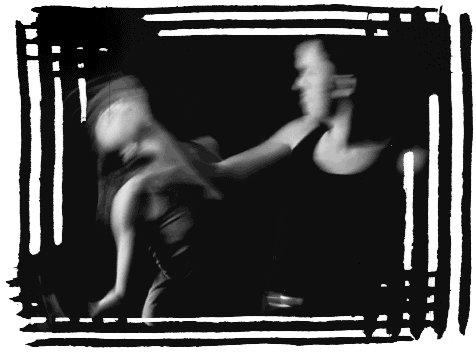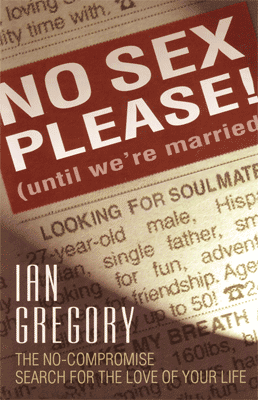So very sorry
June 24th, 2007Am I reading this and this right?
“Part of the Government’s approach is to reduce people’s discretionary income by quarantining half of all income support and family assistance payments for up to 12 months. The changes will apply to both indigenous and non-indigenous people living in as many as 60 remote communities. People living outside the communities will be assessed case by case. Further measures will see the payments linked to school attendance. Where children are identified as at risk, Centrelink could intervene to ensure essentials such as rent, food and medical expenses are paid before assistance payments are made.” – Source.
Is the government proposing that a person or a couple or someone in a kinship group, who is on a Centrelink payment and lives in one of 60 remote communities, where the payment is made for the care of children, possibly in the form of Family Tax Benefit A, will need to adhere to less than 3 unexplained school absences for one (or all) of their children, if they expect to keep that payment autonomous from some sort of financial case management regime?
How does the government plan to monitor this? If resources are available, why not utilise them to educate, rather than investigate? Is the message here that children need to have maximum time away from the adults in their communities (other than schoolteachers) to be safe? How is that then not a stolen generation by another name? What services will be put in place to act as a change agent, so that a caregiver can work towards self-determination and independence.
What will be the punitive measure if these parents are not on a Centrelink payments, or is that so unlikely, as to be ridiculous? If that is the case, what will be done to fight poverty and the lack of employment opportunities in remote communities?
I was moved by, and understood the urgency of, Noel Pearson’s speech given to Fran Kelly’s Breakfast, on 20/06/07, on ABC’s Radio National.
I was equally moved by, and understood the cynicism inherent in what Mick Dodson had to say in response to HoWARd’s National Emergency rhetoric. Mick spoke of the past two decades of this ‘urgency’ in Aboriginal societies. He calls for a National plan to tackle addiction, housing, education, employment, physical and mental health in Indigenous communities.
I’m uneasy about a PM who can’t say sorry, and horrified at what I read in the Ampe Akelyernemane Meke Mekarle
“Little Children are Sacred” report.
On balance, I have to come down on the side of safety. Having said that, this measure needs to be monitored for the safety outcomes it hopes to achieve. I want to see every non-indigenous person take on a mentoring role for an indigenous person, so that every one of them can work themselves out of a job in the 5 years allocated to this national emergency.


